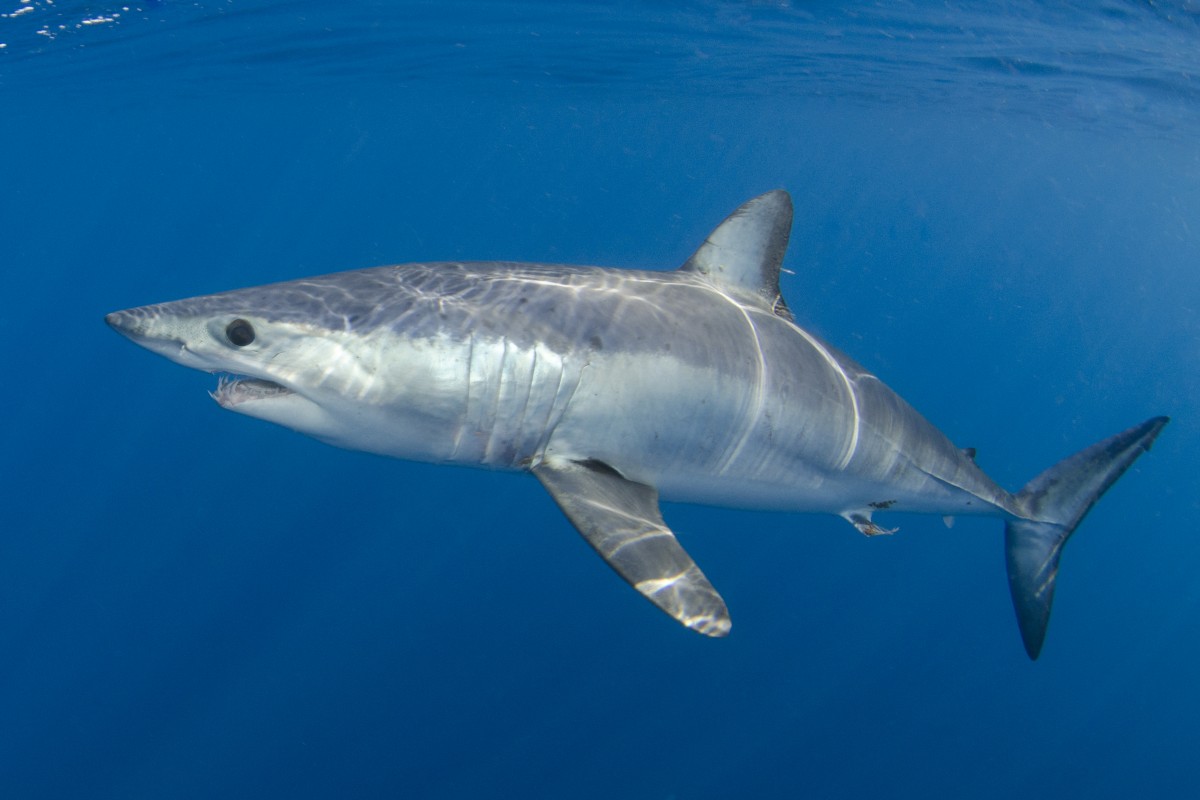Making CMS Work for Sharks and Rays
Their Future is Our Future – Sustainable Development for Wildlife & People

Although several countries have protections for sharks and rays in place, many species travel great distances, often crossing national boundaries. International cooperation is vital to ensuring the survival of these exceptionally vulnerable migratory species.
The Convention on the Conservation of Migratory Species of Wild Animals (CMS), is an important tool in promoting international cooperation for the protection and management of migratory species, including sharks and rays. Also known as the Bonn Convention, this international wildlife treaty provides a global platform for the conservation and sustainable use of migratory animals and their habitats.
The Twelfth Session of the Conference of the Parties to the Convention on the Conservation of Migratory Species of Wild Animals (CMS COP12) is being held in Manila, Philippines, from 23 to 28 October 2017. Over 500 delegates from 124 member countries, international organizations, and other observers, including Project AWARE, will be attending the event.
Among other issues, Parties will consider adding five species of sharks and rays to the 29 species already on the CMS Appendices. Migratory species threatened with extinction are listed on Appendix I of the Convention. CMS Parties strive towards strictly protecting these animals, conserving or restoring the places where they live, mitigating obstacles to migration and controlling other factors that might endanger them.
Philippines, Israel and Sri Lanka have proposed adding whale sharks to Appendix I (already listed on Appendix II in 1999). While the other five species - angel shark, common guitarfish, white-spotted wedgefish, dusky shark, and blue sharks - have been proposed for listing in Appendix II - a listing that highlights the fact that the species need or would significantly benefit from international cooperation.
While listing additional shark and ray species on CMS Appendices is a step in the right direction, many countries are yet to transpose the CMS agreements into their national, enforceable legislation. Without such action, the CMS species listings will remain toothless.
Government representatives gathering in Manila have an important opportunity to make real progress in addressing the global plight of sharks and rays. By committing to national measures and actions at the Regional Fishery Management Organizations fora, consistent with the CMS obligations, progress can be made for the species currently listed on the CMS Appendices.
We are joining our conservation partners at a CMS CoP12 side event “Making CMS Work for Sharks: Spotlight on Mako Sharks” to highlight to the CMS Parties the immediate opportunities to end uncontrolled shark fishing of CMS listed species - in particular of mako sharks at the upcoming meeting of the International Commission for the Conservation of Tunas (ICCAT) this November.
Background
Project AWARE has been involved in CMS efforts since 2011 and CMS CoP12 provides a unique and timely opportunity for Project AWARE to bring, once again, the global scuba divers’ voice for shark and ray protections to the CMS forum.
In 2011, Project AWARE actively supported a proposal to list the globally threatened giant manta ray under CMS Appendices.
In 2014, we’ve developed a sharks and rays without borders campaign to raise awareness while working with partner NGOs and governments to help secure the listings of additional 22 shark and ray species under CMS. Project AWARE delivered 28,804 letters from our supporters to decision-makers urging collaboration on the conservation of the proposed species. We represented the voice of the dive community and worked with partner NGOs to urge CMS Parties to commit to regional protections for the proposed shark and ray species.
In 2016, Project AWARE became a Cooperating Partner to the CMS Sharks MoU. We urged Signatories to take immediate, concrete action that can go a long way towards fulfilling CMS obligations for listed species, as well as broader commitments to cooperate toward better protection for these vulnerable animals. The CMS Sharks MoU aims to achieve and maintain a favourable conservation status for migratory sharks based on the best available scientific information and taking into account the socioeconomic value of these species for the people.
Stay tuned for live updates from CMS CoP12 and add your name to the #Divers4Makos petition to help end uncontrolled mako shark fishing before it’s too late.
Related Documents:
Image of Mako Shark courtesy of Andy Murch, Big Fish Expeditions



